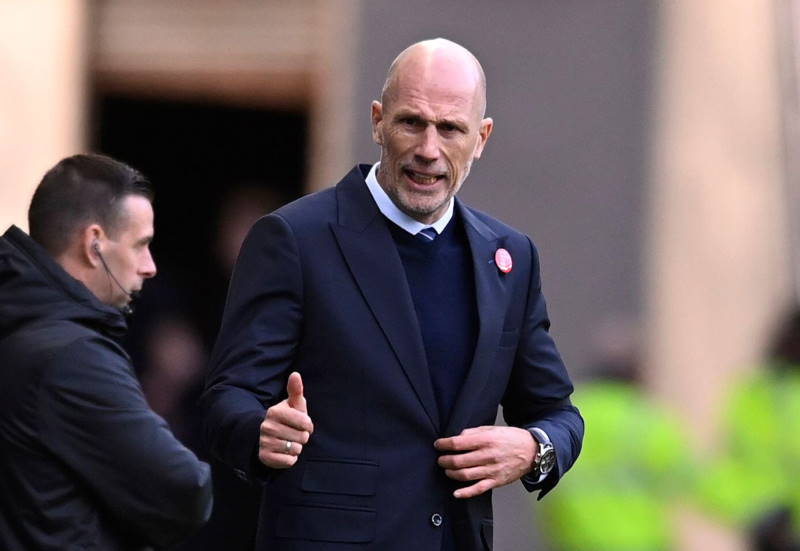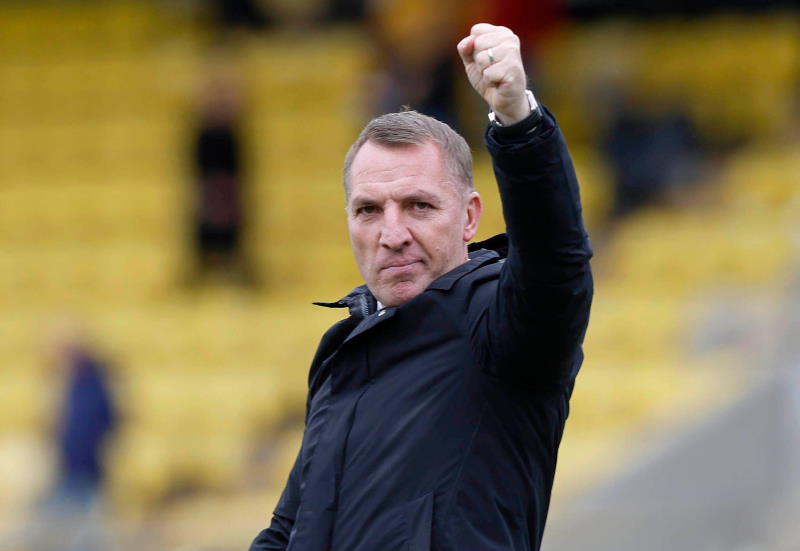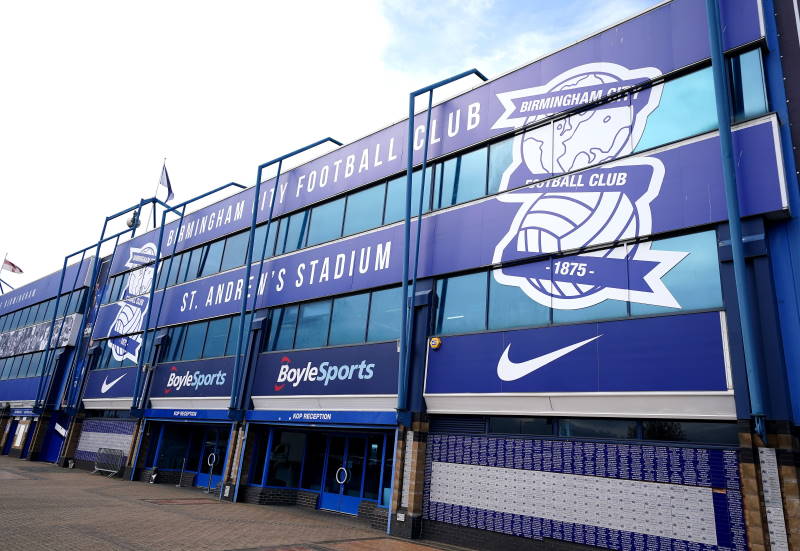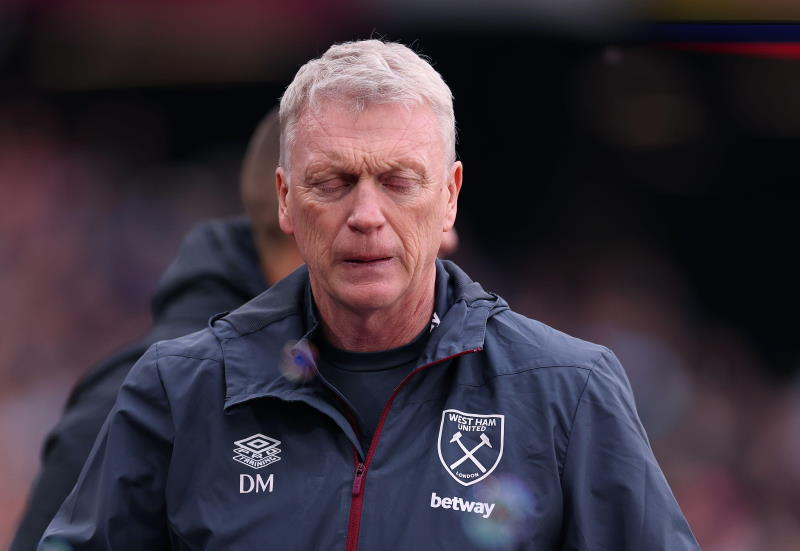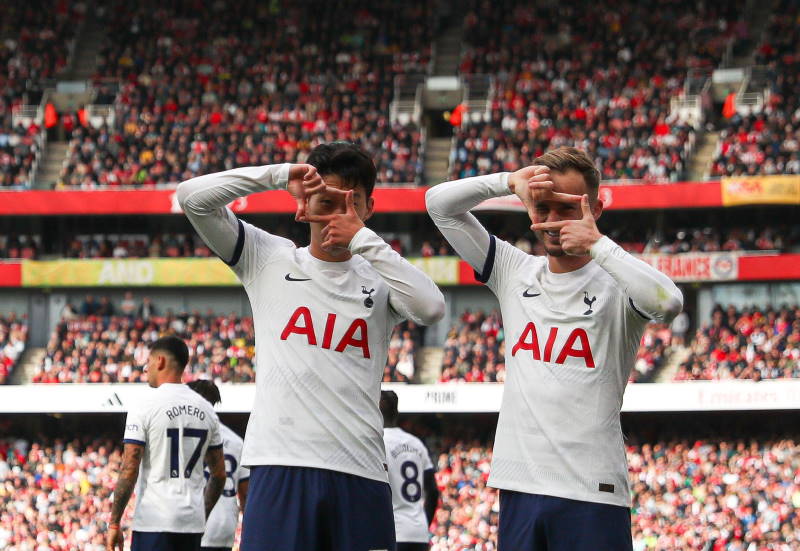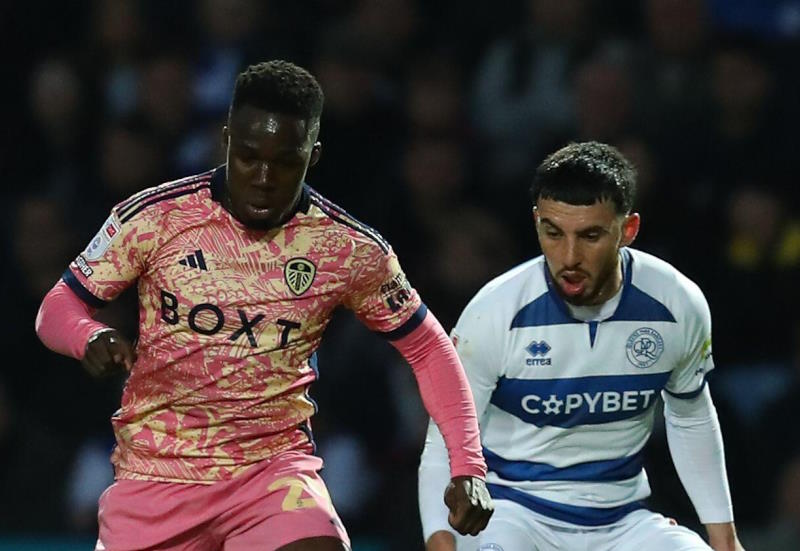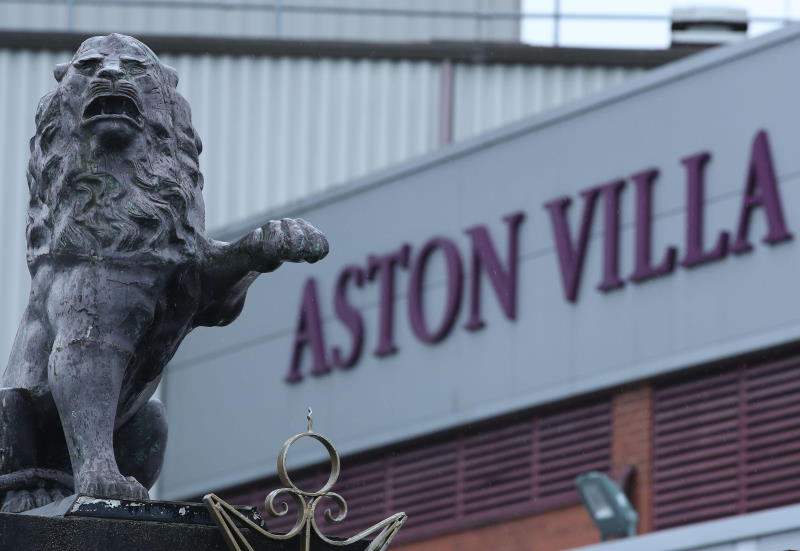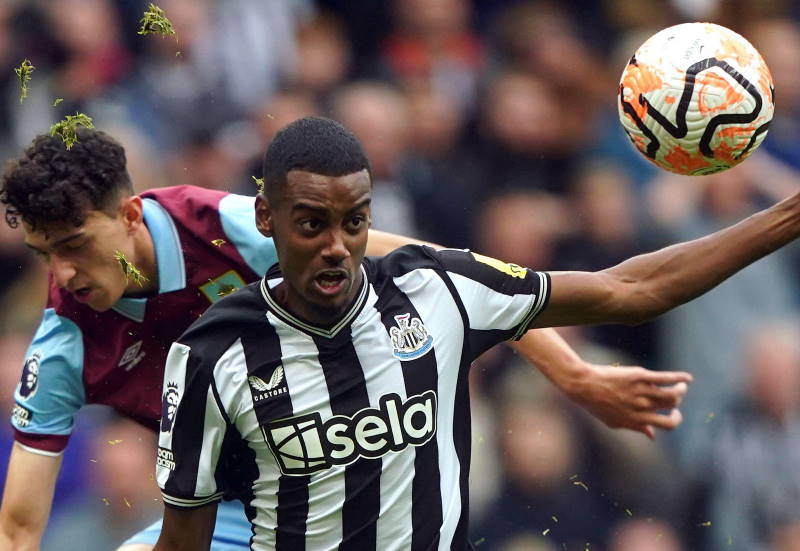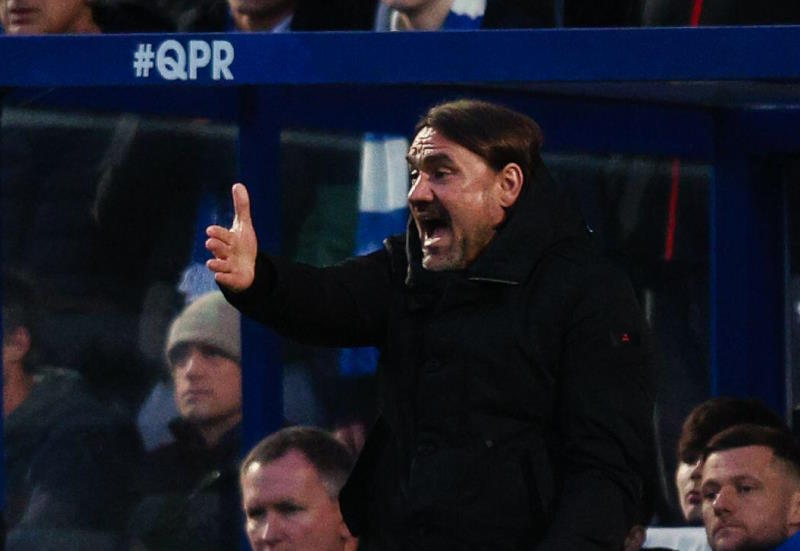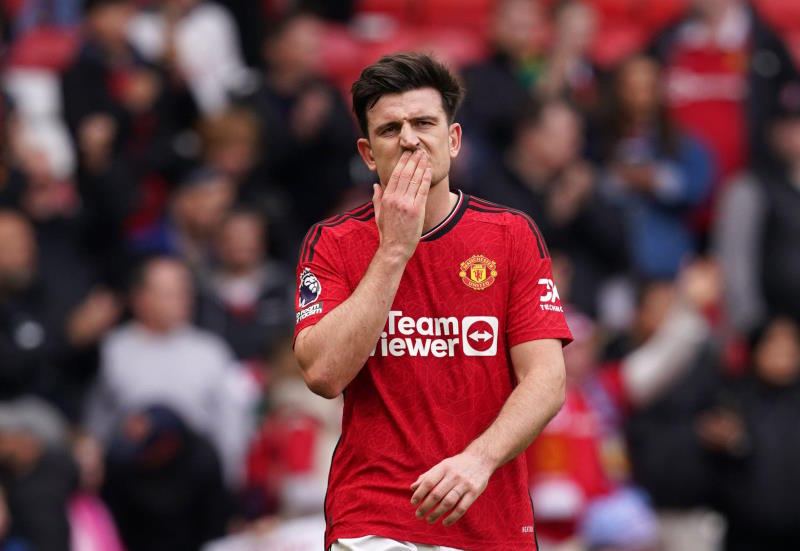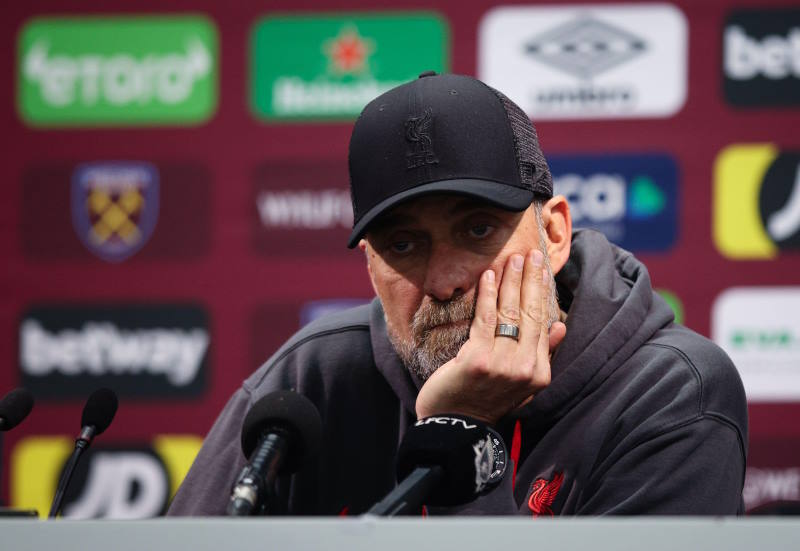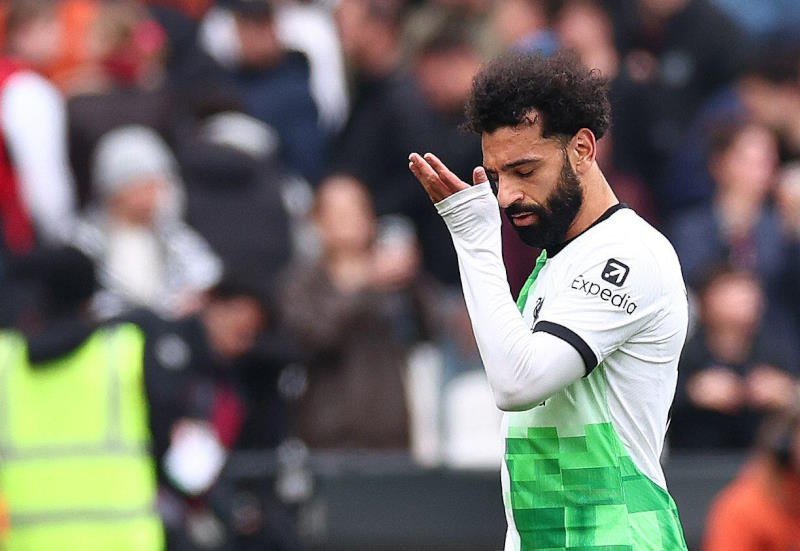
Suffer, not Saffer
Hiddink began the year as the hero from Holland, but ended it as silly old Guus after Russia failed to reach the World Cup finals. Now he is mulling over an extended contract offer from the Russian Football Union (RFS) and promises a decision in January. Meanwhile, former national team boss Valery Gazzayev, currently at Dynamo Kyiv, is leading the “local job for local people” brigade and pushing for a second stint. Rumbling criticism of Hiddink began back in March when, tied to Chelsea, he named a squad for qualifiers against Azerbaijan and Liechtenstein without viewing a single live match from the start of the Russian season. And, as the 2010 campaign unraveled at the death, concerns resurfaced about his limited command of Russian – a problem largely unobserved in Switzerland in 2008.
Chelovek I Zakon
Channel 1’s current affairs show lit the blue touch paper in the aftermath of the defeat to Slovenia, broadcasting footage of Russia’s players partying until dawn on the eve of the first playoff match in Moscow. With sports minister Vitaly Mutko forced to step down as head of the RFS due to his political commitments, some have speculated that the show might have been a subtle swipe at the Roman Abramovich-backed Hiddink era, paving for the way for GazProm financed Zenit St. Petersburg to get their man, Sergei Fursenko, into the top job. Whatever the politics, images of the nation’s heroes puffing on hookahs and enjoying a boozy dinner in the swanky Metropole hotel prompted a scandal, and a flurry of denials. If only the team had defended themselves so vigourously in Maribor during the return leg..
Gurban Berdyiev
Imagine a shy, sober Brian Clough trading in his trademark green pullover for some prayer beads, and you’d be close to recreating the Rubin Kazan coach. Taking over a bunch of provincial no-hopers, leading them to glory at home and abroad, and specialising in extracting hidden talents from unheralded players has all the hallmarks of the East Midlands’ maestro reincarnated in Tatarstan. Cynics scoffed that Rubin’s first title, in their 50th anniversary year, was a gift from the authorities. Back-to-back wins and a stunning triumph in the Camp Nou are things that money can’t buy, though. His challenge for 2010 is to replace Alessandro Domingez – a classic cast-off made good who blazed a goal trail in Kazan after failing at Zenit – and retain his team’s place at the summit of Russian football.
Capital gains
Rubin’s second title triumph means it’s three years since a Moscow club topped the pile – but Spartak and Lokomotiv fans are confident that 2010 will be their year. Spartak ditched the no-longer great Dane Michael Laudrup and chairman Valery Karpin took charge. The ex-player may bear an alarming resemblance to a youthful Bill Nighy playing a 70s rock guitarist, but he hit all the right notes to see Spartak storm up to second and push Rubin hard for the title. Lokomotiv decided that Rashid Rahimov had run out of steam and turned to Yury Semin to return and revive their fortunes. The second coming of the messiah worked wonders, with a revitalised Dmitry Sychov getting back among the goals and a thrilling finish seeing them take fourth place – controversially pipped to a Champions League berth by Zenit.
Overseas advocates
Dick Advocaat, Zenit’s former boss, remains the only foreigner to win the Russian title. And his affection for overseas players sparked controversy at Lokomotiv earlier in the season. A late substitution in the side’s 1-1 draw left the Petersburg outfit with too many foreigners on the pitch – and prompted calls for a 3-0 victory to be awarded to Lokomotiv. To everyone’s surprise they were let off with a fine, a decision accepted by the “gentlemanly” Moscow side. But come the end of the season, when goal difference put Zenit ahead of Lokomotiv into third – and the Champions League qualifiers – there was no response to the offer of a “gentlemanly” playoff to settle the issue on the field of play.
Not what the doctor ordered
CSKA Moscow’s club doctor Oleg Ipatenko found himself in the headlines for all the wrong reasons after incorrectly filling in the forms for a routine doping test after the Champions League game at Manchester United. In a scandal hit season, reports that Sergei Ignashevich and Alexei Berezutsky had failed a drug test rocked Russian football on the eve of CSKA’s crucial game with Besiktas. Fortunately, UEFA accepted that a “clerical error” was to blame for an approved medication appearing to give a dodgy result at Old Trafford, and even without the heart of their defence CSKA won in Istanbul to reach the last 16 of the Champions League.
Grounds for concern
CSKA also had off-field troubles, with their planned new stadium at Khodynka in the north of Moscow running into a legal minefield. Bizarrely the army ended up at war with itself – the federal CSKA organization (effectively a military sports club) is planning to take FC CSKA (an independent company, albeit with a significant shareholding taken by the Defence Ministry) to court claiming that plans for a hotel and retail complex in the new stadium breach the conditions which allowed the club to build on state-owned land. In the interim, the Army Men are abandoning the cavernous Luzhniki for the 20,000-seater Arena Khimki in a suburban town just outside Moscow. They will hope to attract more fans than the 422 who witnessed the hapless home side lose 3-1 to Siberian also-rans Tom Tomsk towards the end of a dismal campaign which saw FK Khimki relegated from the Premier League with a miserly 10 points.
Revolving door
It wasn’t a great year to be a manager in Russia – casualties great and small tumbled throughout the season, from ex-international goalkeeper Sergei Ovchinikov at Kuban to Danish legend Michael Laudrup at Spartak. But the prize for the league’s busiest HR department goes to CSKA. On 1st Jan, 2009, Vitaly Gazzayev was saying his fond farewells to the club and heading for Kyiv. In came Zico, who stuck around long enough to win the Russian Cup before getting the boot in favour of Juande Ramos. The Spaniard lasted barely six weeks, though, before the club decided that a new direction working with talented young Russians was the way to go – and thus a homegrown coach was needed. Enter Leonid Slutsky, who flew away from Krylya Sovietov Samara in time to steer the team through the Champions League group phase. Other clubs replacing their head coach included Zenit, who welcome Luciano Spalletti to the Venice of the North, Amkar, who brought back Rashid Rakhimov in place of bungling Bulgarian Dimitar Dimitrov and mid-table sides Terek Grozny, Saturn Moscow Region and Tom Tomsk.
Misplaced corruption
It’s often claimed that matches in Russia can be influenced by men with briefcases full of banknotes – and UEFA has asked the RFS to investigate half-a-dozen games where suspect betting patterns have sounded the alarm. But when the referee placed in charge of a Division Two Central Zone game between Fakel Voronezh and FK Yelets was approached for “assistance” by both clubs, he blew the whistle. The authorities acted swiftly, for once, booting both local rivals out of the league and leaving Voronezh – one of the largest cities in Southern Russia – without a professional team.
Never an easy place to go
Khimki’s demotion, along with Kuban Krasnodar, brings Anzhi Makhachkala, Sibir Novosibirsk and a whole set of headaches to the Premier League. Sibir, far east in Siberia’s largest city, become the most remote team in the top division and rack up the air miles accordingly – the city of around 2 million people is three time zones away from Moscow. But the return of Anzhi, from the Dagestani capital, is a greater concern. The volatile North Caucasus remain a hotbed of terrorism – and the region has been implicated in November’s fatal bombing on a Moscow – St. Petersburg train – so few will welcome a trip to Dagestan as well as the annual journey to Chechnya to play Terek Grozny.
Torpedoed
One of the most famous names in Russian football, Torpedo Moscow, officially dropped out of the game following relegation from the First Division. A complicated row about the rights to the name blew up as existing second division side Torpedo-RG claimed they were effectively the true Torpedo, and the original club was turfed out of the professional game. RG then adopted the name Torpedo-ZIL, after the car plant which originally set up the club back in the days when Soviet sport was organized on company lines. Under the guidance of ex-Man Utd star Andrei Kanchelskis, they returned to Torpedo’s traditional home at the Streltsov Stadium and finished in the top half of Division Two (West).
All change …?
After the success of the Kontinental Hockey League in recreating a former USSR championship featuring teams from Kazakhstan, Latvia and Belarus, some are calling for Russian football to go the same way. After all, a return to the grudge matches between Spartak and Dynamo Kyiv has more appeal than a trip to Dagestan. Meanwhile, historic teams like Dynamo Tblisi Ararat Yerevan or Neftchi Baku, reduced to being big fish in tiny ponds would relish a return to more meaningful contests. But with UEFA highly unlikely to sanction European places for clubs in a multi-national contest, it’s difficult to see this happening any time soon.
Related Articles:
- – Rubin Champions League Campaign Delights Kazan
- – Slutsky Must Manage Changed CSKA Reality
- – Russian Legend Valery Gazzaev Has Dynamo Kyiv Challenge

